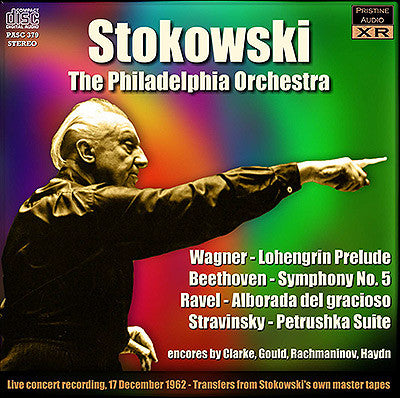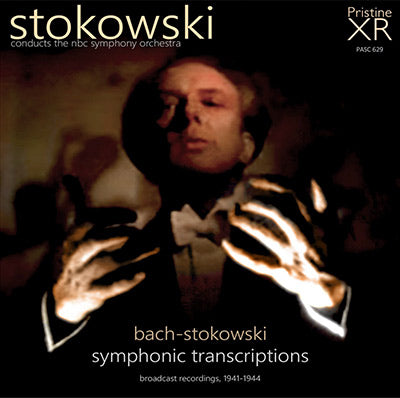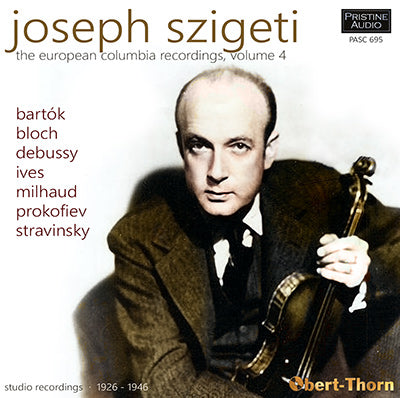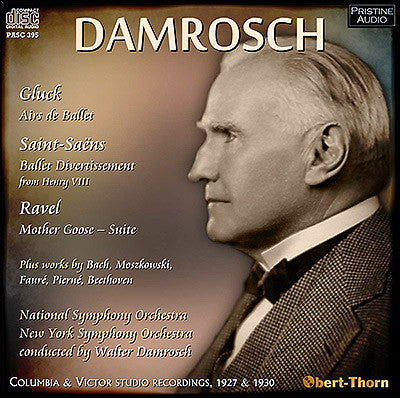Ravel
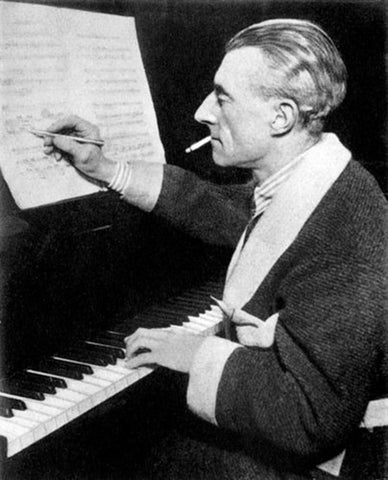
Born to a music-loving family, Ravel attended France's premier music college, the Paris Conservatoire; he was not well regarded by its conservative establishment, whose biased treatment of him caused a scandal. After leaving the Conservatoire Ravel found his own way as a composer, developing a style of great clarity, incorporating elements of baroque, neoclassicism and, in his later works, jazz. He liked to experiment with musical form, as in his best-known work, Boléro (1928), in which repetition takes the place of development. He made some orchestral arrangements of other composers' music, of which his 1922 version of Mussorgsky's Pictures at an Exhibition is the best known.
As a slow and painstaking worker, Ravel composed fewer pieces than many of his contemporaries. Among his works to enter the repertoire are pieces for piano, chamber music, two piano concertos, ballet music, two operas, orchestral music, and eight song cycles; he wrote no symphonies and only one religious work ("Kaddish"), which is merely an arrangement of pre-existent Hebrew liturgical melodies. Many of his piano pieces also exist in the form of orchestrations made years after their original conception. Some of his piano music, such as Gaspard de la nuit (1908), is exceptionally difficult to play, and some of his complex orchestral scores, such as the music for the ballet Daphnis et Chloé (1912), require great conducting skill to realize successfully.
Ravel was among the first composers to recognise the potential of recording to bring their music to a wider public. From the 1920s, despite limited technique as a pianist or conductor, he took part in recordings of several of his works; others were made under his supervision.

Ravel
Born to a music-loving family, Ravel attended France's premier music college, the Pari...
WAGNER Prelude to Act 3 of Lohengrin
BEETHOVEN Symphony No. 5
RAVEL Alborada del Gracioso
STRAVINSKY Petrushka Suite
VARIOUS Encores
Recorded in stereo in 1962
Total duration: 79:20
The Philadelphia Orchestra
conductor Leopold Stokowski
STOKOWSKI The Pristine NBC Symphony Series
A 16-CD set featuring music by: Amfitheatrof, Antheil, Bach, Beethoven, Brahms, Butterworth, Cooley, Copland, Creston, Debussy, Gould, Hanson, Harris, Hindemith, Holst, Hovhaness, Kelly, Lavalle, Milhaud, Mohaupt, Ravel, Rimsky-Korsakov, Schoenberg, Schuman, Shostakovich, Stravinsky, Stringfield, Tchaikovsky, Thomson, Vaughan Williams, Wagner
Anne Brown. soprano
Winifred Heidt. contralto
William Horne. tenor
Lawrence Whisonant. bass
Eduard Steuermann, piano
Collegiate Chorale
The Westminster Choir
NBC Symphony Orchestra
conducted by Leopold Stokowski
Save 5% when you purchase the complete set
WARLOCK Capriol Suite
PROKOFIEV Violin Concerto
BARTÓK Hungarian Folk Tunes
BARTÓK Romanian Folk Dances
IVES Violin Sonata No. 4
BLOCH Violin Concerto
music by Debussy, Ravel, Milhaud, Lie, Szymanowski, Scriabin, Stravinsky
Studio recordings, 1926-46
Total duration: 2hr 4:59
Joseph Szigeti, violin
Nikita Magaloff, Kurt Ruhrseitz, Béla Bartók, Andor Foldes, piano
London Philharmonic Orchestra
conducted by Sir Thomas Beecham
Philharmonia Orchestra
conducted by Constant Lambert
Orchestre de la Société des Concerts du Conservatoire
conducted by Charles Munch
GLUCK Airs de Ballet
SAINT-SAËNS Ballet Divertissement from Henry VIII
RAVEL Mother Goose – Suite
Music by Bach, Fauré, Moszkowski, Pierné, Beethoven
Studio Recordings · 1927 and 1930
Total duration: 71:54
Walter Damrosch, conductor
National Symphony Orchestra
New York Symphony Orchestra
- Previous
- Page 7 of 7
-
Next

